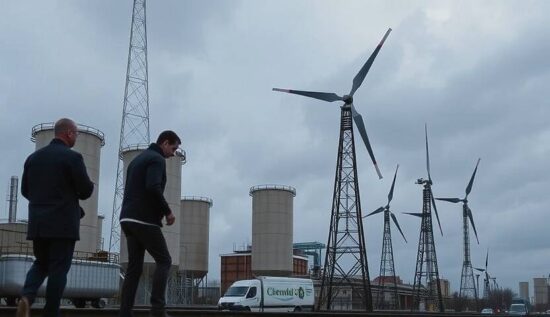EU Faces Gas Crisis as Ukraine Halts Russian Gas Transit
From January 1, 2025, Ukraine will cease to transmit Russian gas to Europe, a move with far-reaching economic and geopolitical implications.
The decision, initially announced as a simple end of a transit agreement between Ukraine and Russia, has taken on a larger dimension. The halt of gas transit will not only have significant economic consequences for Europe but also could further escalate the geopolitical dynamics in the region.
For over half a century, Ukraine’s gas transit has been a crucial part of Europe’s energy supply. Russia, which uses Ukraine as a major route to deliver gas to Western Europe, has reaped billions in transit fees annually from Gazprom, its state-owned gas company.
Ukraine, however, has refused to sign a new transit agreement with Russia and has stopped the transit of Russian gas indefinitely.
This step is both a political and economic decision. While Kiev sees the move as necessary to deprive the Kremlin of financial resources and increase pressure on Moscow, many European states, particularly in the east of the continent, are concerned about the developing crisis.
Many EU countries, especially those in the east, still rely heavily on Russian gas, and the halt of transit may lead to a surge in gas prices, affecting the cost of living and the competitiveness of industries that depend on affordable energy.
The EU Commission has assured that alternative sources can be tapped, but the rapid adjustments to the new market conditions could lead to significant political tensions in the affected countries, particularly in Ukraine.
While Russia will suffer a further economic blow from the halt of gas transit, with gas exports to Europe already dramatically decreasing since 2022, the geopolitical and economic implications for the EU will not be without consequences. Gazprom reported a first-ever billion-dollar loss in 2023, and the Russian government is under pressure to find alternative markets for its energy products.
For Europe, the question remains of how long it can continue to break free from Russian energy dependence without putting its own economic structure at risk. The price increases in the gas supply could lead to a further wave of price hikes that may meet resistance in many European countries. Even in Western Europe, where energy markets are more diversified, rising prices are expected in the coming months.





